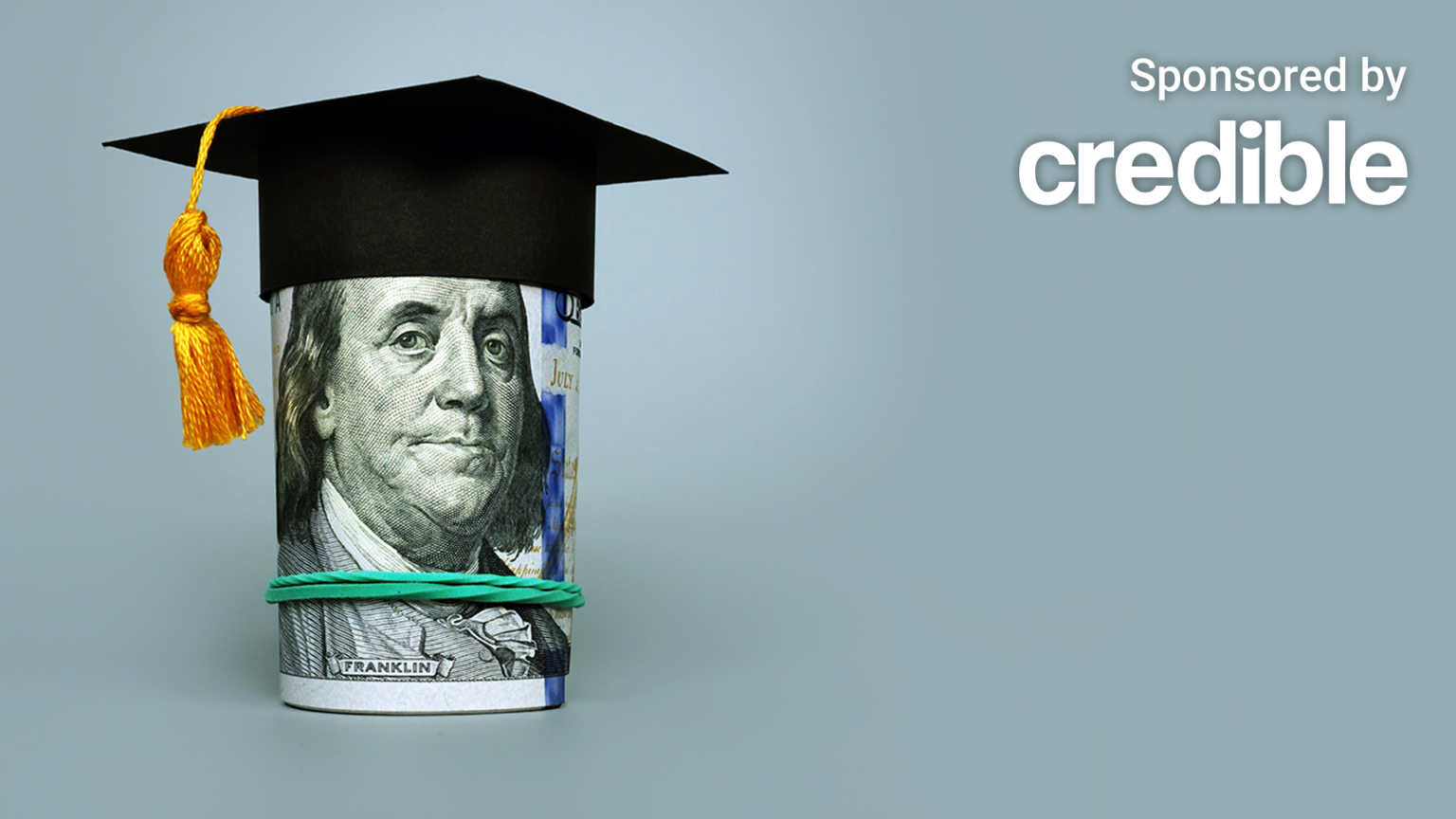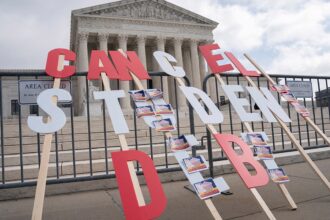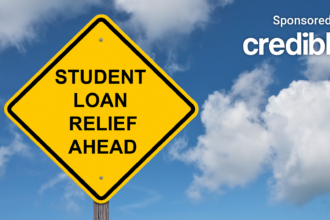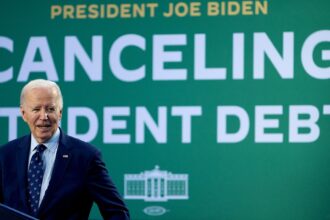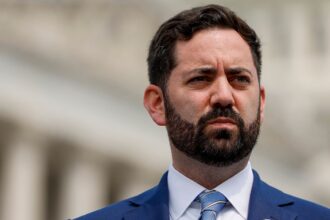The political tug of war over student loan forgiveness registered a new chapter as 11 Republican-led states filed suit against President Joe Biden and the U.S. Department of Education to stop the SAVE Plan.
The Biden Administration introduced the Saving on a Valuable Education (SAVE) plan after the Supreme Court struck down Biden’s student loan forgiveness plan. The White House said in a statement that the SAVE plan could lower borrowers’ monthly payments to zero dollars, reduce monthly costs in half and save those who make payments at least $1,000 a year. Additionally, borrowers with an original balance of $12,000 or less will receive forgiveness of any remaining balance after making 10 years of payments.
The Kansas-led lawsuit seeks to halt the SAVE plan immediately, arguing that the U.S. Department of Education has no authority to alter student loan repayment plans. This would essentially cancel more than $156 billion in student loan debt. The attorneys general from Alabama, Alaska, Idaho, Iowa, Louisiana, Montana, Nebraska, South Carolina, Texas and Utah joined the suit.
“Once again, the Biden administration has decided to steal from the poor and give to the rich,” Kansas Attorney General Kris Kobach said in a statement. “He is forcing people who did not go to college, or who worked their way through college, to pay for the loans of those who ran up exorbitant student debt. This coalition of Republican attorneys general will stand in the gap and stop Biden.”
If you hold private student loans, you won’t be enrolled in a federal income-driven repayment plan, but you could refinance your loans to a lower rate. Visit Credible to compare options from different lenders without affecting your credit score.
BUY A HOME IN THESE STATES TO GET STUDENT LOAN DEBT RELIEF
Congress must authorize debt cancelation
The lawsuit also argues that the U.S. Supreme Court ruled that Biden’s original forgiveness program violated federal law and that only Congress can authorize the forgiveness of student loans, which requires spending taxpayer money.
However, a spokesperson from the Department of Education told Bloomberg News that Congress gave the department the authority to define the terms of income-driven repayment plans.
Nearly $138 billion has been forgiven for almost 3.9 million borrowers through more than two dozen executive actions. Student loan forgiveness has reached millions even as the Supreme Court blocked Biden’s original debt forgiveness plan last June. There are now 7.5 million borrowers enrolled in the SAVE Plan, and 4.3 million borrowers have a $0 monthly payment. Beginning in July, undergraduate loan payments will be halved, capping a borrower’s loan payment at 5% of their discretionary income.
“The Biden-Harris Administration won’t stop fighting to provide support and relief to borrowers across the country—no matter how many times Republican elected officials try to stop us,” the spokesperson told Bloomberg News.
Private student loan borrowers can’t benefit from federal loan relief. But you could lower your monthly payments by refinancing to a lower interest rate. Visit Credible to speak with an expert and get your questions answered.
HOMEOWNERS COULD SAVE TENS OF THOUSANDS IN DAMAGES BY USING SMART DEVICES
SAVE plan could help many more borrowers
Roughly three out of four borrowers who make $75,000 or less annually and would benefit from the SAVE plan are not currently enrolled in the plan, according to a recent Student Debt Crisis Center (SDCC) survey. Moreover, 38% of these borrowers are at risk of defaulting on their student loan payments six months from now and could be missing an opportunity to find debt relief in existing programs.
According to the SDCC survey, more than half of borrowers who contacted their student loan servicers with questions about resuming payments were left with unanswered questions.
Moreover, a quarter of borrowers don’t trust the information they get from their servicer, and 75% said the information they got was inaccurate or incomplete. Every student loan borrower is assigned a loan servicer to help them navigate repayment options, including income-driven repayment (IDR), which can make payments more affordable.
“These survey results are a reflection of what borrowers have experienced these past six months since repayment restarted,” SDCC President and Founder Natalia Abrams said. “We have come so far in advocating for necessary relief to millions of borrowers, and seeing the Biden Administration act is great.”
“However, communication of these vital resources is crucial so borrowers know help is available for them right now,” Abrams continued. “If borrowers do not know the available resources, they will miss relief that can lower their monthly payments, cancel their debt entirely, and so much more.”
If you’re having trouble making payments on your private student loans, you won’t benefit from federal relief. You could consider refinancing your loans for a lower interest rate to lower your monthly payments. Visit Credible to get your personalized rate in minutes.
MORTGAGE LOAN LIMIT RISES ABOVE $1.1M AS HOME PRICES SURGE
Have a finance-related question, but don’t know who to ask? Email The Credible Money Expert at [email protected] and your question might be answered by Credible in our Money Expert column.
Read the full article here


